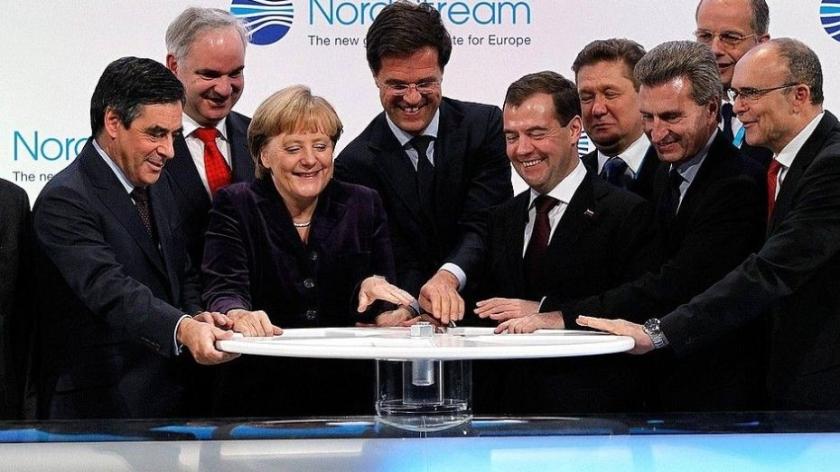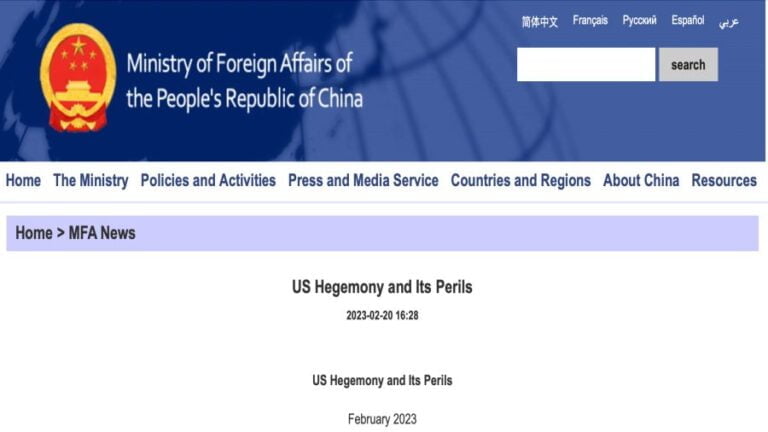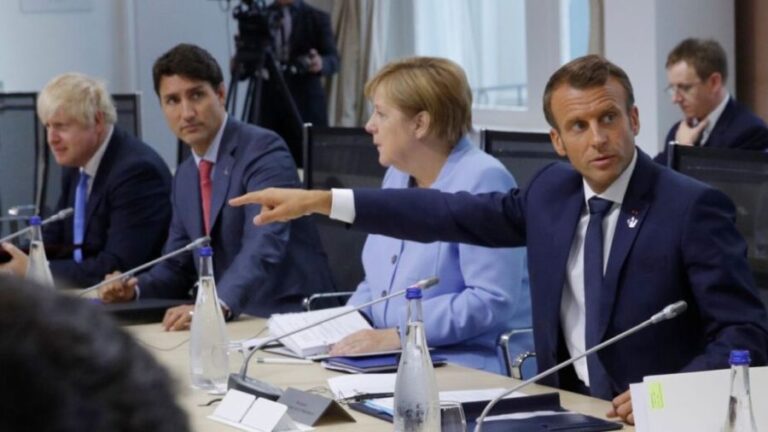Pipelines Produce Peace and Prosperity So Why Oppose Them?
Pipelines convey fluids and gas within and between many countries and continents and in addition to making a profit for producers indubitably benefit those for whom the raw materials are destined. In India, for example, the most recent gas pipeline project is going to bring comfort to the neglected peoples of the north-east, as part of the grid being constructed to reach remote locations — which is expensive. So the government has stepped in with hundreds of millions of dollars to help complete the programme.
There are many other success stories about pipelines, but also some controversial instances of construction, as in Canada where some indigenous communities are objecting to a 600 km natural gas line in which some $5 billion is being invested. The benefits to Canada as a whole are potentially immense, but the Wet’suwet’en indigenous people of British Columbia are attempting to shut down the operation and have been joined by activists whose motives may not be altogether benign. These protestors have imposed a blockade of railways that has caused grave disruption to a vast number of passenger and freight services, thereby posing a serious threat to Canada’s overall economy. The protestors’ actions are in essence blackmail, and have wide-ranging effects including the inability of farmers to get their goods to domestic and international markets.
For Canada’s sake it is hoped that the difficulties will be resolved — but at least there is movement because the country’s elected government is determined to act for the people as a whole. There will always be objections to pipelines, and although Canada appears to be especially affected, the sanity of national benefit will probably prevail.
But when it comes to international benefit, notably when Russia is involved, the word sanity does not come readily to mind. Rather, the description of Washington’s moves to block the vastly important Nordstream 2 pipeline could involve such qualifiers as petulant, spiteful and malevolent.
Nordstream 2 is a series of lines intended to convey natural gas from Russia to Germany. It is a logical development stemming from the facts that Russia wants to provide gas and Germany wants to buy it, which led to a mutually acceptable agreement and commitment of many billions of dollars, largely by the firms Uniper and Wintershall of Germany, Royal Dutch Shell, Austria’s OMV and Engie of France in association with Russia’s Gazprom — an impressive example of European pragmatism. Economic benefits to both countries are potentially immense, and in addition the very existence of such a significant collaborative enterprise is an indicator that both nations recognise the advantages of cooperation and economic partnership as against the drawbacks of confrontation and antagonism.
Unfortunately, Washington has a history of preferring confrontation to economic cooperation that might benefit other countries, and has imposed sanctions on Nordstrom 2 with the aim of preventing its completion, which in normal circumstances would have taken place by now. Of the some 1200 kilometres of line underneath the Baltic Sea about 160 km remain to be laid, but for the moment construction has had to be halted.
(President Trump’s is violently against construction of the pipeline and his pronouncement that its completion will make “Germany a captive to Russia” was clear enough, but it is intriguing that at the moment, in the middle of the Nord Stream crisis, the US media reports allegations by the intelligence establishment that “Russia wants to see President Trump re-elected, viewing his administration as more favourable to the Kremlin’s interests.” If they genuinely think that Trump’s attitude to Nord Stream is supportive of Russia, then we have serious problems.)
On February 19 Germany’s economy minister, Peter Altmaier, was reported as taking a positive stance in relation to the pipeline and stating that Germany is “determined and ready” to increase trade with Russia. He made it clear that Germany is understandably opposed to the sanctions imposed by the US Congress in December 2019 and stressed that his country is going to “need more natural gas, not less” as it phases out coal-fired power production over the next years. This movement in support of a less polluted atmosphere is regarded as irrelevant, notably by US Secretary of State Pompeo who has been vocally critical of the pipeline project, which Washington claims will make Europe too dependent on Russian energy supplies.
What is not taken into account is the fact that requirement and supply do not mean vulnerability, because, by definition, bilateral commercial agreements work both ways. Russia needs the cash input from the pipeline just as much as Germany needs the gas that it conveys. There is little possibility that such a mutually beneficial, multi-billion project could be sacrificed by either side, and Trump’s statement about the pipeline has no evidential basis. It was simply another blow struck in the US campaign to split Russia from Western Europe and prevent any sort of amicable liaison, while increasing levels of confrontation by conducting military manoeuvres in the Arctic and in other locations along Russia’s borders. On February 19, for example, Deutsche Welle reported the “largest deployment of US-based forces in Europe in over 25 years,” and of course a “significant part of the troops and equipment are expected to be deployed to Poland, Latvia, Lithuania, and Estonia” — right along the Baltic Sea, where Nord Strom 2 is being built.
One of the most recent indicators of confrontation was given by Pompeo at the recent Munich Security Conference when he declared that the countries of the West “are collectively winning. We’re doing it together.” His remarks followed the opening address by Germany’s President, Frank-Walter Steinmeier, who was rather more realistic in stating that “Our closest ally, the United States of America, under the current administration, rejects the very concept of the international community. ‘Great again’ but at the expense of neighbours and partners. Thinking and acting this way hurts us all.”
It is not at all surprising that “Pompeo’s speech was met with silence from his mostly European audience” if only because most of them (but not the Baltic States) want to live in peace with Russia. Washington is encouraging confrontation, but Europe’s important countries prefer trade and cooperation, and there is little doubt that in one way or another Nord Stream 2 will be completed, probably by a Russian pipe-laying vessel currently on the way to the Baltic from the southern hemisphere.
On February 20 Jacob Hornberger of the Future of Freedom Foundation quoted the 19th century French economist Claude-Frédéric Bastiat that “When goods do not cross borders, soldiers will.” But it seems that Washington thinks that bombs or the threat of bombing will improve profitability. After all, as Forbes pointed out last year, “now the largest oil and gas producer, we will probably become the largest exporter of both within five years.” And that’s the main reason Washington is so passionate about stopping Nord Strom 2. It all comes down to profit. The military-industrial complex is determined to win.
By Brian Cloughley
Source: Strategic Culture







